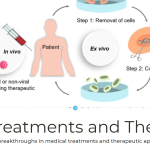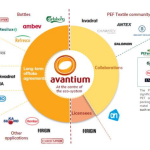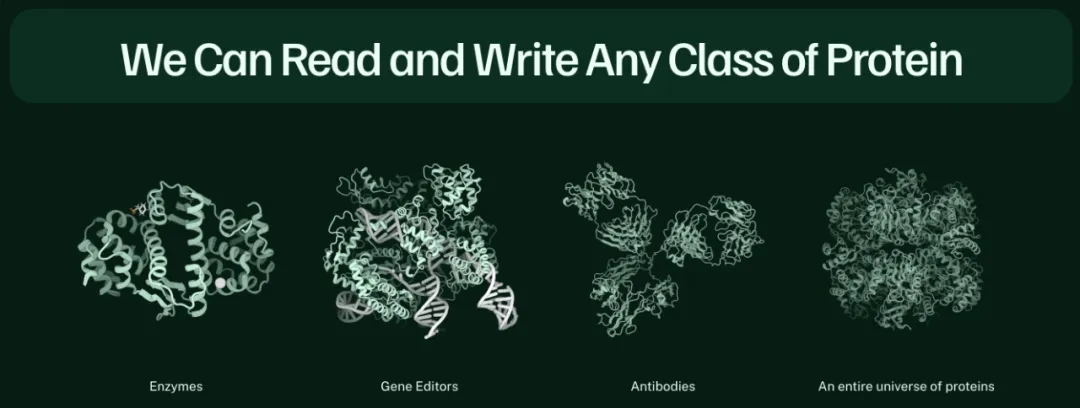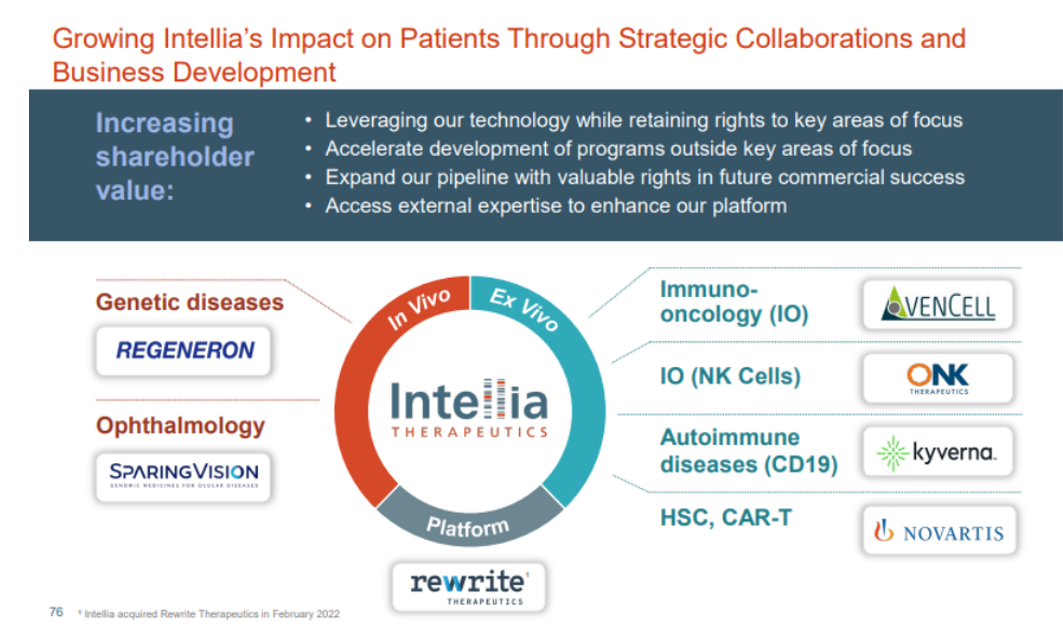
01 FDA approved new gene editing therapy for the treatment of OTC deficiency in clinical practice
On April 4, 2024, the FDA approved the clinical study approval application for ECUR-506 for the treatment of neonatal patients with ornithine aminotransferase (OTC) deficiency.
OTC deficiency, also known as hyperammonemia type II, is an X-linked genetic disease caused by a mutation in the OTC gene that leads to a decrease or absence of ornithine transaminase (OTC) activity, resulting in disorders of the ornithine cycle (urea cycle). It can occur in both newborns and adults, with complex clinical manifestations and varying degrees of severity. It lacks specificity and is prone to misdiagnosis and missed diagnosis. Newborns with early onset and patients with acute attacks are both critically ill, with a high mortality rate. Survivors often have varying degrees of neurological sequelae. Early diagnosis, personalized diet, medication treatment, and liver transplantation are key factors in reducing the mortality and disability rates of OTCD patients.
ECUR-506 consists of two AAV carriers delivering different loads, with one carrier delivering ARCUS ® Nuclease, aimed at gene editing on fully characterized PCSK9 gene loci; Another carrier is responsible for delivering the required functional OTC genes (the cleavage site on PCSK9 serves as the insertion site for OTC genes).

OTC Deficiency: A Rare Genetic Disorder
02 Osteosarcoma treatment new drug LSTA1 obtained orphan drug qualification certification
On April 9, 2024, the FDA granted LSTA1 orphan drug qualification for the treatment of osteosarcoma.
Osteosarcoma is a rare cancer that develops in children, adolescents, and young adults. It is a malignant tumor originating from mesenchymal tissue, characterized by spindle shaped stromal cells that can produce bone like tissue. The common sites of onset are the distal femur and proximal tibia, with the initial symptoms often being pain and swelling. The most common mode of metastasis is hematogenous metastasis to the lungs.
LSTA1 is a drug under study aimed at activating a new uptake pathway that enables combination or fixed (i.e. covalently bound) anticancer drugs to more effectively penetrate solid tumors. LSTA1 activates this active delivery system in a tumor specific manner, leading to more effective penetration and accumulation of systemic co administered anticancer drugs in the tumor. LSTA1 may also alter the tumor microenvironment, making the tumor more susceptible to immune therapy attacks. Non clinical data has demonstrated enhanced delivery efficiency of a range of existing and emerging anti-cancer treatments, including chemotherapy drugs, immunotherapy, and RNA based therapies. In addition, LSTA1 has demonstrated good safety, tolerability, and activity in clinical trials. On March 21st of this year, LSTA1 was designated as a rare pediatric disease for osteosarcoma.









